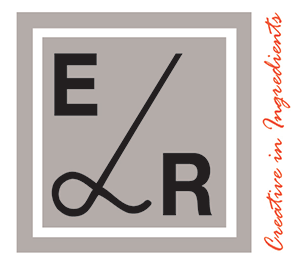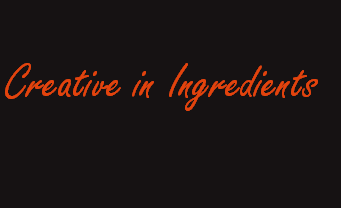Food regulations
NON-GMO, IP, RSPO, MB... what is it all about?
GMO free
Genetically modified organisms (GMOs) in food are concern for consumers who are worried about the impact that these organisms may have on their health. As a result, many companies in the late 1990s began to apply the "GMO free" label, indicating that their food does not contain genetically modified organisms. A number of nations legislate labeling, and in Europe, food must be labeled to indicate whether or not it contains GMOs.
IP
Identity preservation is the practise of tracking the details of agricultural shipments so that the specific characteristics of each shipment is known. Identity preserved (IP) is the designation given to such bulk commodities marketed in a manner that isolates and preserves the identity of a shipment, presumably because of unique characteristics that have value otherwise lost through commingling during normal storage, handling and shipping procedures. The concept of IP has been accorded greater importance with the introduction of genetically modified (GM) organisms into agriculture. Although the U.S. scientific community maintains that GM crops are safe, critics want them segregated from non-GM commodities out of concerns about their potential environmental and food safety implications.
Technical and managerial techniques are used to track and document the paths that agricultural products move in the production process. A fully integrated IP system might track and document a commodity’s seed characteristics, initial planting, growing conditions, harvesting, shipping, storage, processing, packaging, and ultimate sale to the consumer. Separating organic products from conventionally raised ones is one type of IP system. IP systems are a central component of value-chains.
RSPO
RSPO is an association under Swiss Law composed of various organizations from different sectors of the palm oil industry (oil palm producers, palm oil processors or traders, consumer goods manufacturers, retailers, banks and investors, environmental or nature conservation NGOs and social or developmental NGOs) for the purpose of developing and implementing global standards for sustainable palm oil
MB
In the 'Mass Balance' system, palm oil from certified mills is mixed with conventional palm oil during transport and storage. Up until final refinery, movements of mixed oil are administratively monitored by UTZ Certified. Companies cannot sell more sustainable palm oil than they have purchased. Mass Balance oil can be labeled with the RSPO trademark and the tag 'Mixed', with a claim that says it 'contributed to the production of certified sustainable palm oil'.
SG
In the 'Segregated' system, palm oil from certified mills is kept apart from conventional palm oil. Up until final refinery, all movements of certified oil are reported to UTZ Certified. Oil can be traced back to certified plantations. After refinery, third-party certification ensures the integrity of the chain. End users may label segregated oil 'RSPO-certified sustainable palm oil'.
VALID-IT
Valid-IT is a database of suppliers of Non-GM Soya and Maize Ingredients and Spices free from illegal dyes which is managed by Exova on behalf of Waitrose, Asda, Tesco, Sainsburys, and Marks & Spencer. All suppliers have undergone an assessment of their systems and procedures and are recognised as having systems in place to minimise any risk of contamination with GM ingredients or illegal dyes.


